The Social Media Revolution: How It Shapes Humanity in the 21st Century
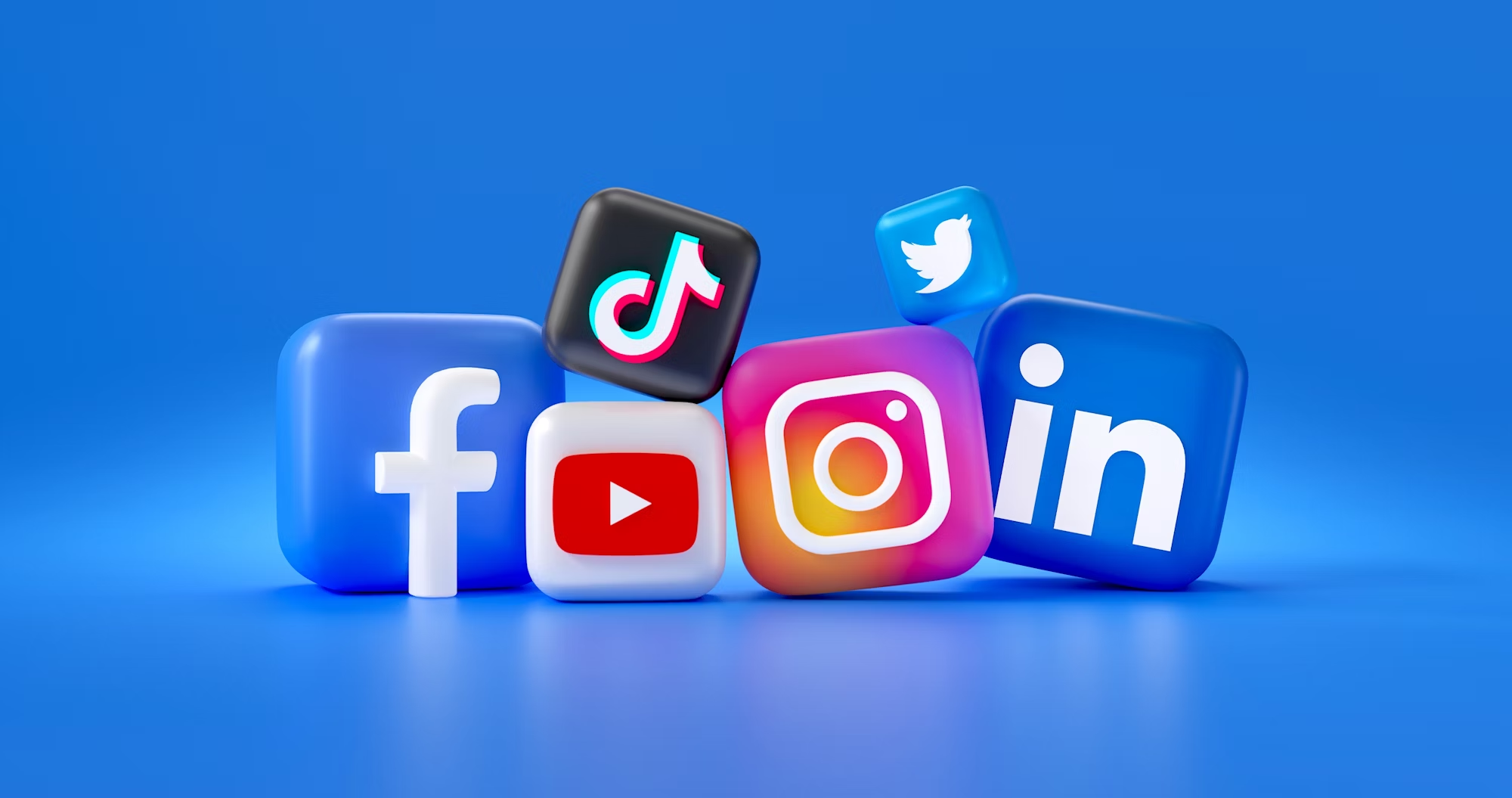
Social media has transformed the way humanity communicates, interacts, and perceives the world. From the rise of social networks like Facebook, Twitter, and Instagram to the emergence of platforms like TikTok, the digital age has birthed a new form of global connection. As social media becomes increasingly embedded in our daily lives, its impact on humanity—both positive and negative—continues to grow. Here, we will explore how social media shapes humanity, influencing everything from personal identity and social relationships to political discourse and cultural norms.
The Birth of Social Media: A New Era of Communication
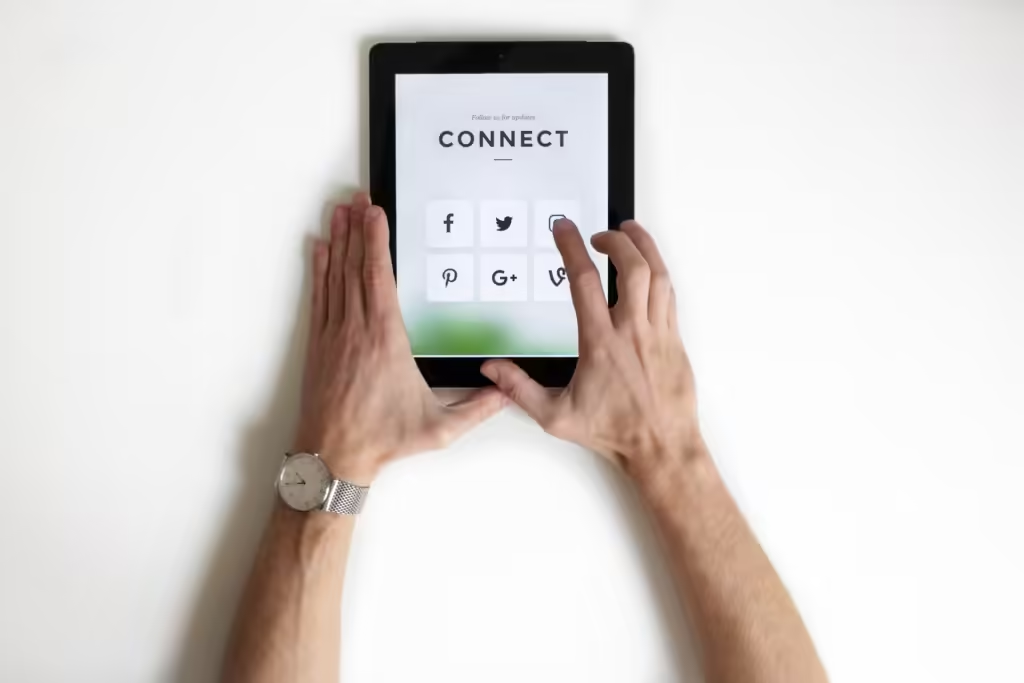
The advent of social media marked a significant shift in how people communicate. Unlike traditional media, which is often one-directional, social media platforms allow for interactive and immediate communication. This democratization of communication has given individuals a voice on a global stage, enabling the rapid exchange of information and ideas. Social media platforms have evolved from simple communication tools to powerful networks that influence public opinion, drive social movements, and shape cultural trends.
Key Points:
- Social media enables real-time, two-way communication.
- It has democratized access to information and public discourse.
- Platforms serve as powerful tools for social and political activism.
The Influence on Personal Identity and Self-Expression

Social media provides a platform for individuals to express their identities in ways that were previously impossible. Through profiles, status updates, photos, and videos, users curate a digital version of themselves, often projecting an idealized image to their audience. This phenomenon, known as “social media identity,” allows individuals to experiment with different aspects of their identity, sometimes leading to greater self-awareness but also to issues like identity distortion and comparison.
On the positive side, social media allows people to connect with like-minded individuals, fostering a sense of belonging and community. However, it also has the potential to create unrealistic standards of beauty, success, and happiness, leading to issues such as anxiety, depression, and low self-esteem.
Key Points:
- Social media platforms offer a space for self-expression and identity exploration.
- The curated nature of social media profiles can lead to unrealistic comparisons and identity distortion.
- Positive aspects include community building and connection with like-minded individuals.
Social Relationships in the Age of Social Media

The rise of social media has redefined social relationships. While it has made it easier to stay connected with friends and family across the globe, it has also changed the dynamics of interpersonal relationships. Social media can enhance relationships by facilitating communication, especially in long-distance connections. However, it can also lead to superficial interactions, as the ease of online communication sometimes comes at the expense of deeper, more meaningful face-to-face interactions.
Moreover, social media can affect romantic relationships, often introducing complications such as jealousy, misunderstandings, and privacy concerns. The visibility of personal interactions on these platforms can lead to a phenomenon known as “social media envy,” where individuals feel inadequate or envious when comparing their relationships to others.
Key Points:
- Social media facilitates global connectivity but can lead to superficial relationships.
- It impacts romantic relationships by introducing new dynamics and challenges.
- The visibility of personal interactions can lead to feelings of envy and inadequacy.
The Role of Social Media in Political Discourse

Social media has become a crucial platform for political discourse, shaping public opinion and influencing political outcomes. During elections, social media serves as a battleground for political campaigns, with candidates using platforms to reach voters directly. The spread of political information, however, is not always accurate or unbiased, leading to the proliferation of misinformation and “fake news.”
The ability of social media to amplify voices and organize collective action has also been a double-edged sword. While it has empowered social movements like the Arab Spring, Black Lives Matter, and #MeToo, it has also provided a platform for extremist groups to spread hate speech and propaganda. The challenge lies in balancing free speech with the need to prevent the spread of harmful content.
Key Points:
- Social media plays a significant role in shaping political discourse and public opinion.
- It has been instrumental in organizing social movements and collective action.
- The spread of misinformation and extremism on social media is a growing concern.
Cultural Norms and Social Media Trends

Social media is a powerful driver of cultural trends, shaping everything from fashion and entertainment to language and social behavior. Viral trends, memes, and challenges often originate on social media platforms and quickly spread across the globe, influencing popular culture. These trends can have a unifying effect, creating shared experiences and cultural references that transcend geographical boundaries.
However, the fast-paced nature of social media can also lead to the rapid spread of harmful trends. Cyberbullying, cancel culture, and the glorification of unhealthy behaviors are just a few examples of how social media can negatively influence cultural norms. The challenge for society is to harness the positive aspects of social media while mitigating its potential harms.
Key Points:
- Social media is a powerful driver of cultural trends and norms.
- Viral trends create shared experiences that transcend geographical boundaries.
- Negative trends, such as cyberbullying and cancel culture, can have harmful effects on society.
The Impact on Mental Health
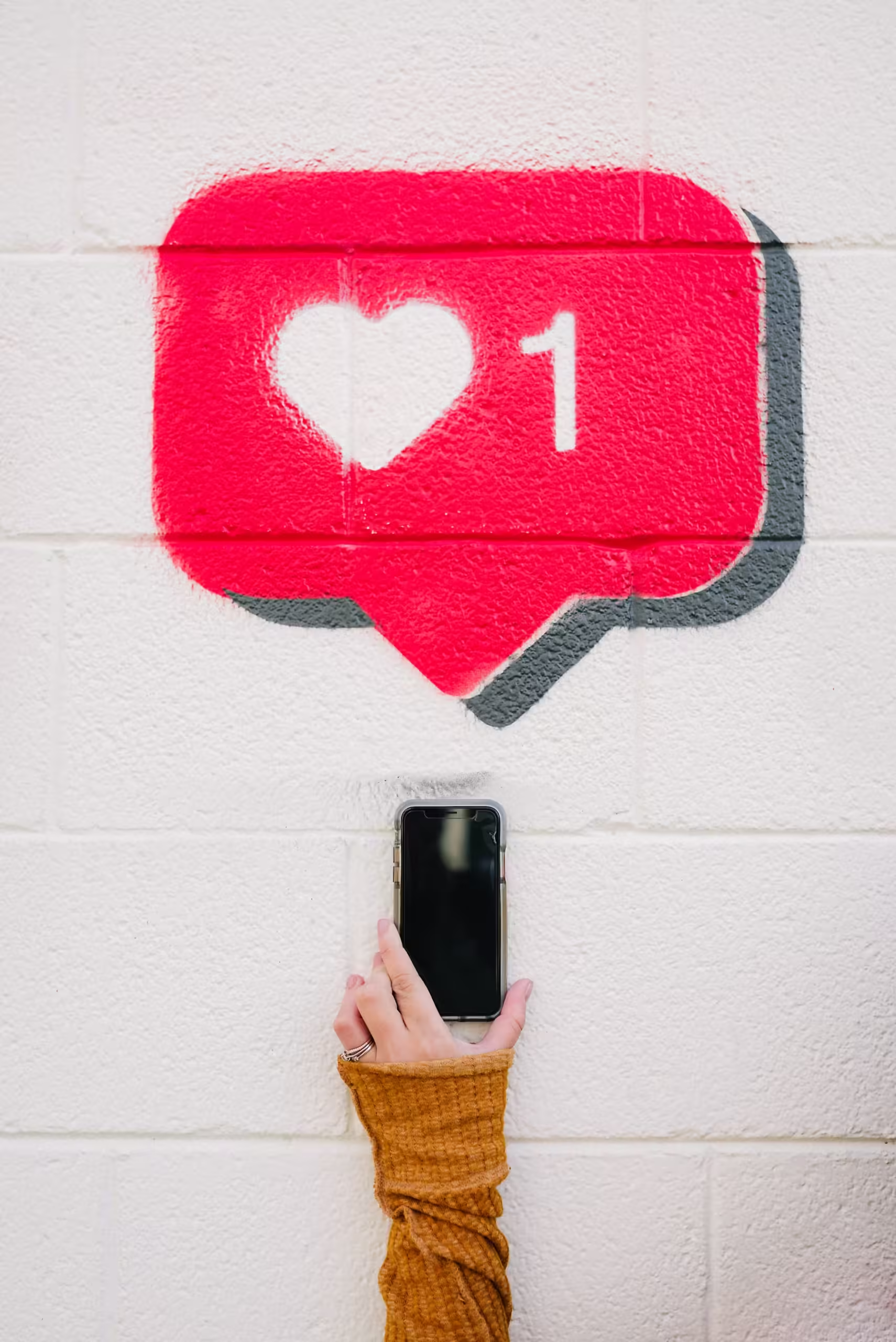
The relationship between social media and mental health is complex and multifaceted. On one hand, social media can provide support, information, and a sense of community for individuals struggling with mental health issues. Online support groups, mental health awareness campaigns, and access to resources have made it easier for people to seek help and connect with others who share similar experiences.
On the other hand, excessive use of social media has been linked to a range of mental health issues, including anxiety, depression, and sleep disturbances. The constant exposure to curated, idealized versions of other people’s lives can lead to feelings of inadequacy, loneliness, and FOMO (fear of missing out). The addictive nature of social media, driven by algorithms designed to keep users engaged, can exacerbate these issues.
Key Points:
- Social media can provide support and resources for individuals with mental health issues.
- Excessive use of social media is linked to anxiety, depression, and other mental health problems.
- The addictive nature of social media can exacerbate mental health issues.
The Future of Social Media and Its Role in Society
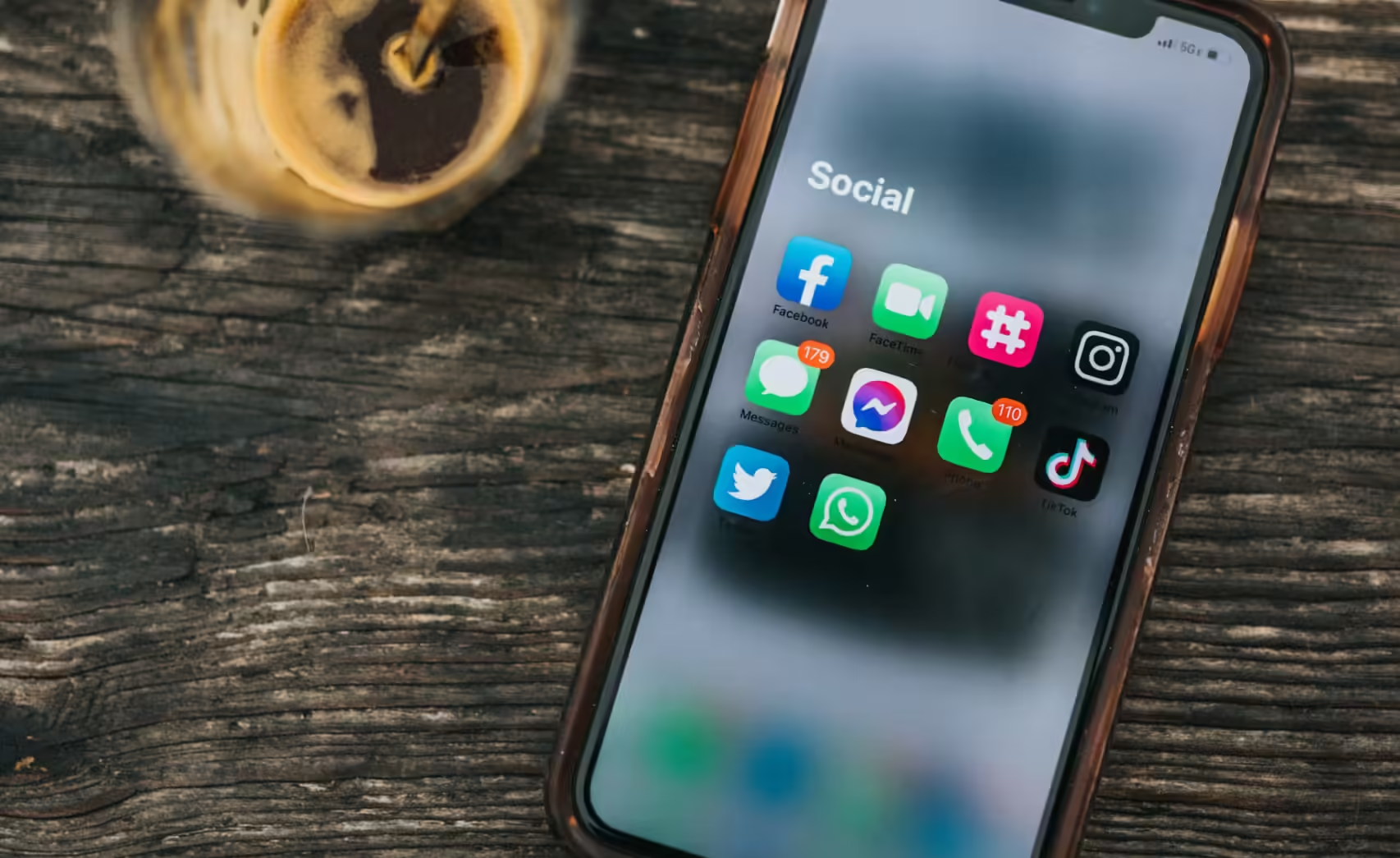
As social media continues to evolve, its influence on humanity will likely grow even more profound. The integration of artificial intelligence, augmented reality, and virtual reality into social media platforms is already beginning to reshape the way people interact online. These technologies have the potential to create more immersive and personalized social media experiences but also raise new ethical and privacy concerns.
The challenge for society is to navigate the complex landscape of social media in a way that maximizes its benefits while minimizing its harms. This requires a collective effort from individuals, communities, governments, and tech companies to promote responsible use, protect privacy, and ensure that social media serves the greater good.
Key Points:
- The future of social media will be shaped by emerging technologies like AI, AR, and VR.
- These technologies offer new possibilities for social interaction but also raise ethical concerns.
- A collective effort is needed to promote responsible use and protect the well-being of society.
Social media has undeniably shaped humanity in profound ways, influencing how we communicate, form relationships, engage in political discourse, and interact with culture. While it offers numerous benefits, it also presents significant challenges that must be addressed to ensure that social media continues to serve as a positive force in society. By understanding and managing its impact, we can harness the power of social media to enrich our lives and build a more connected and informed world.
